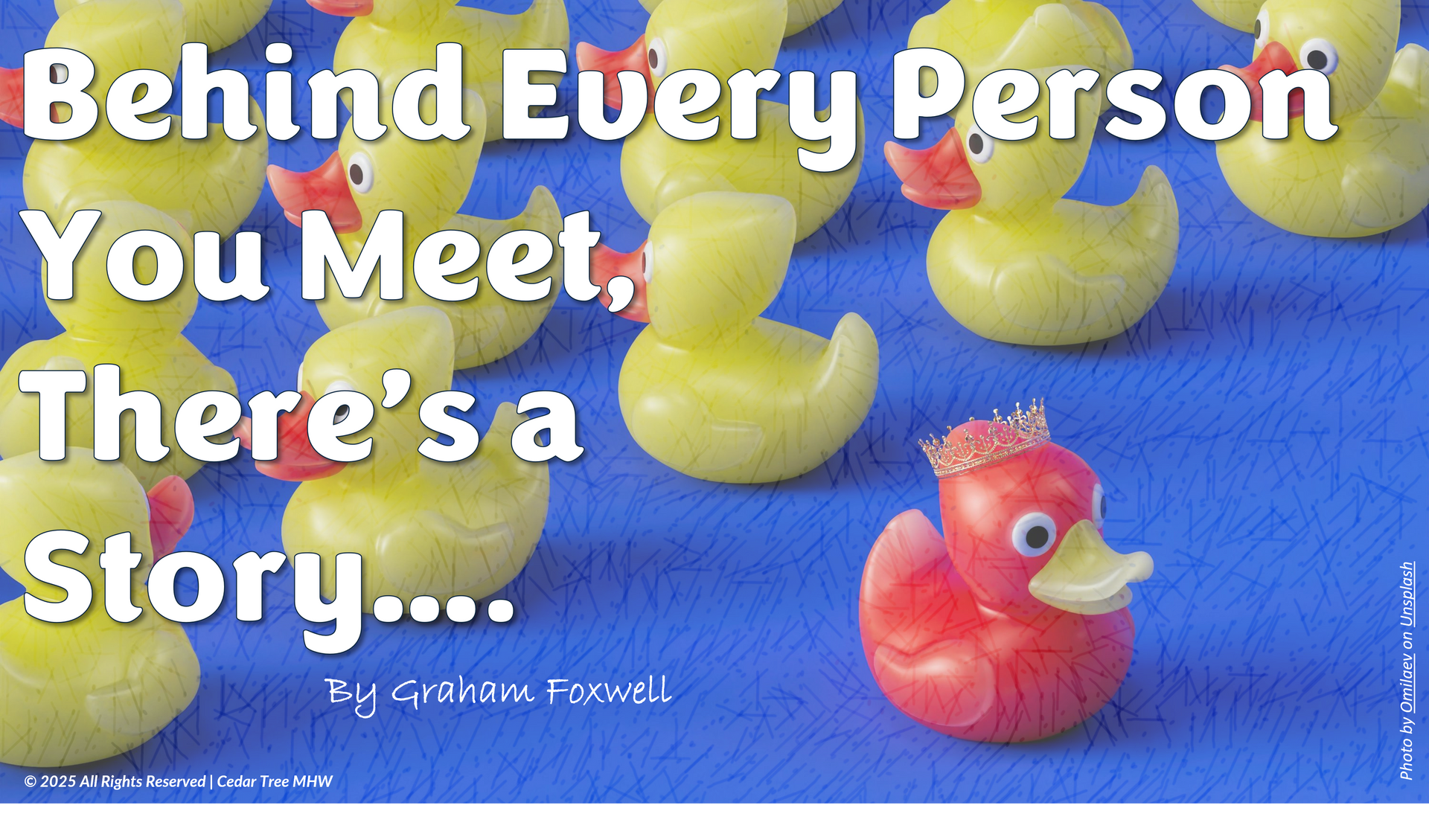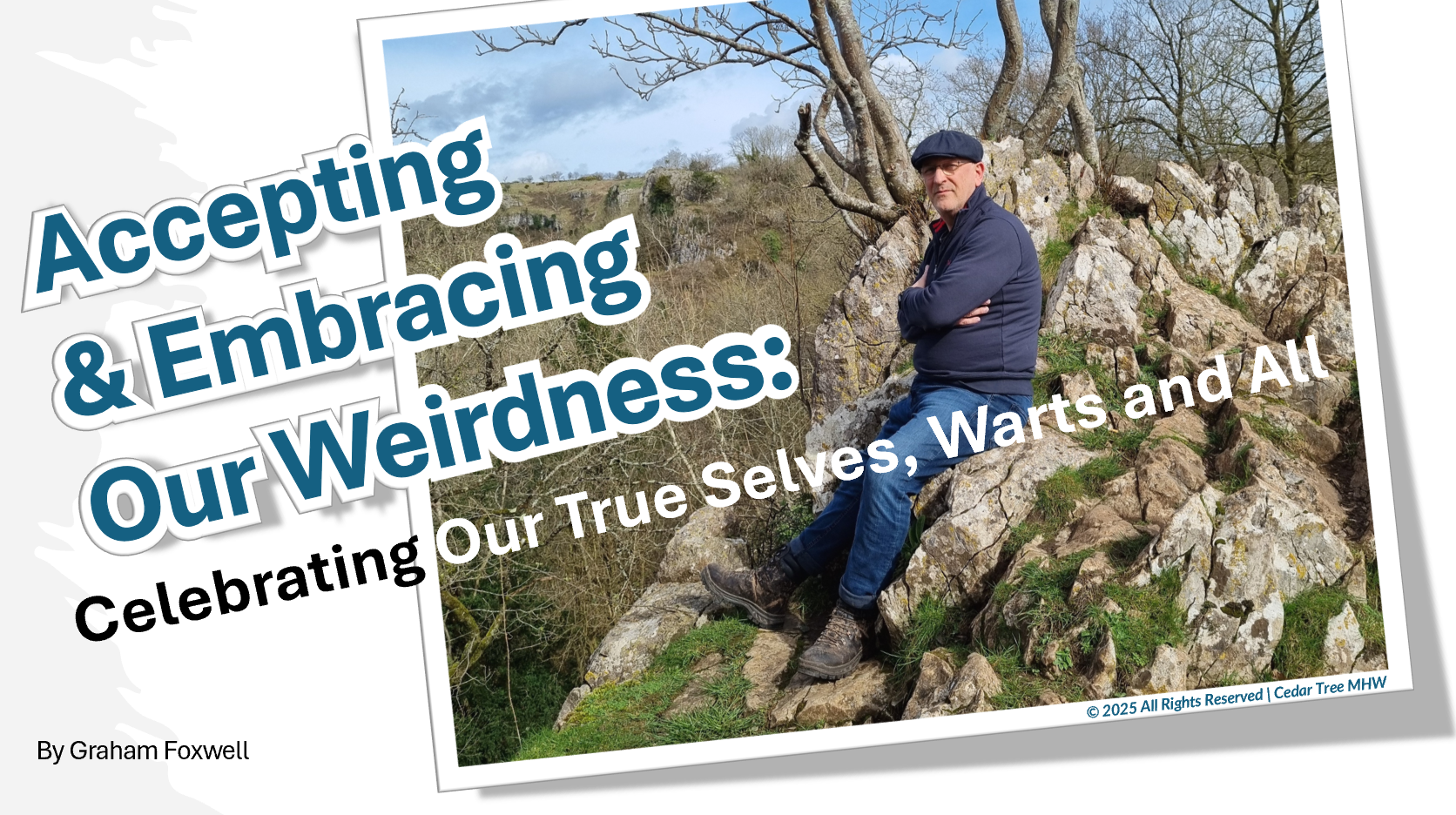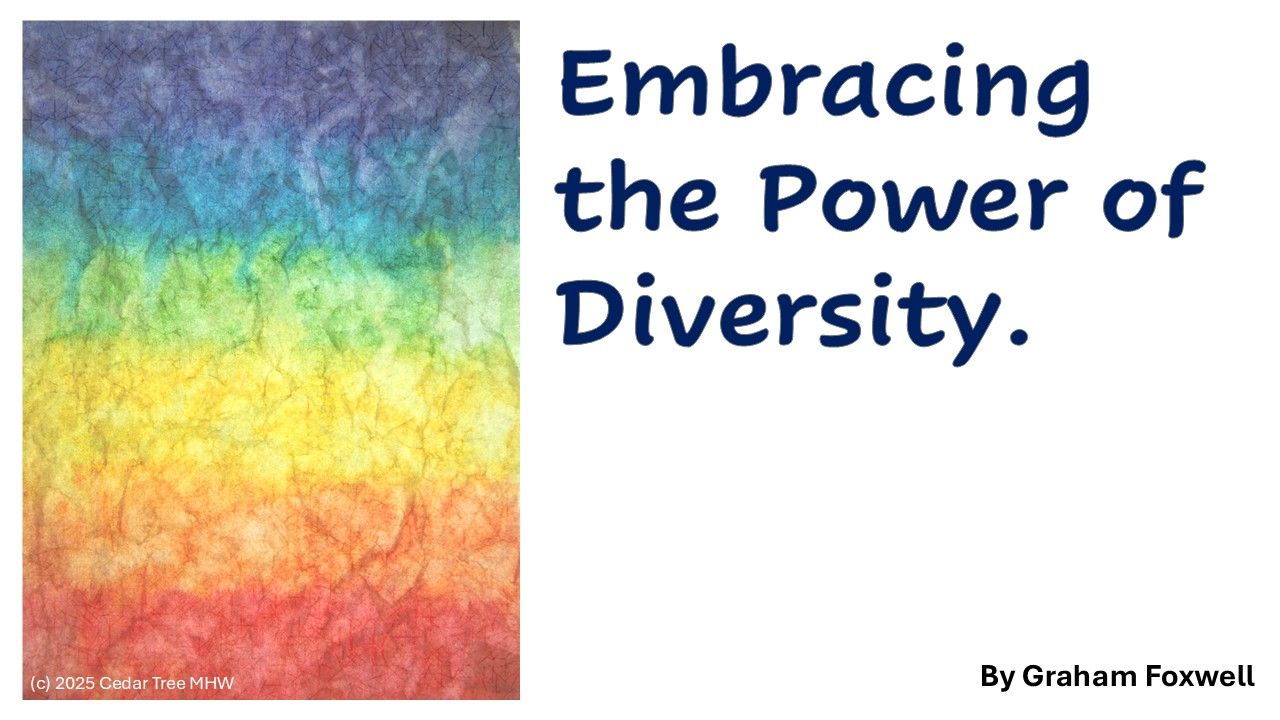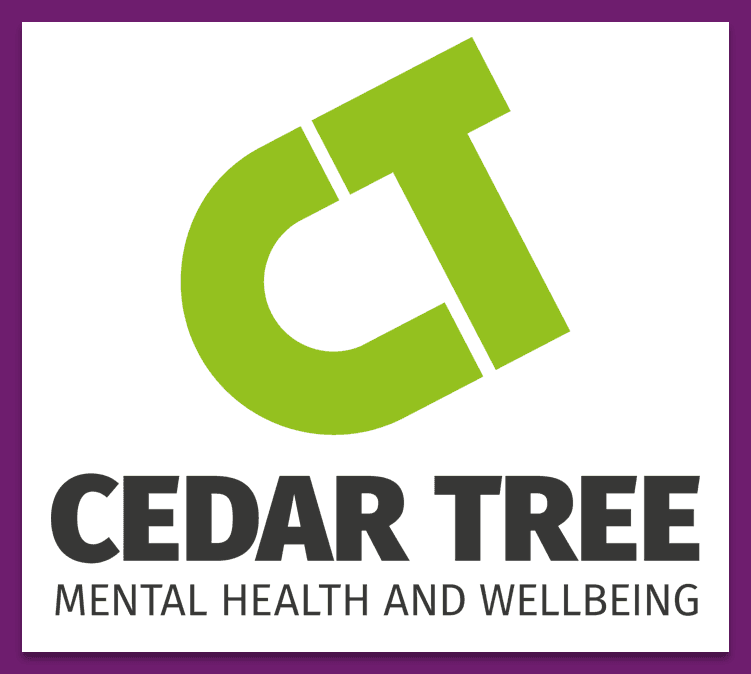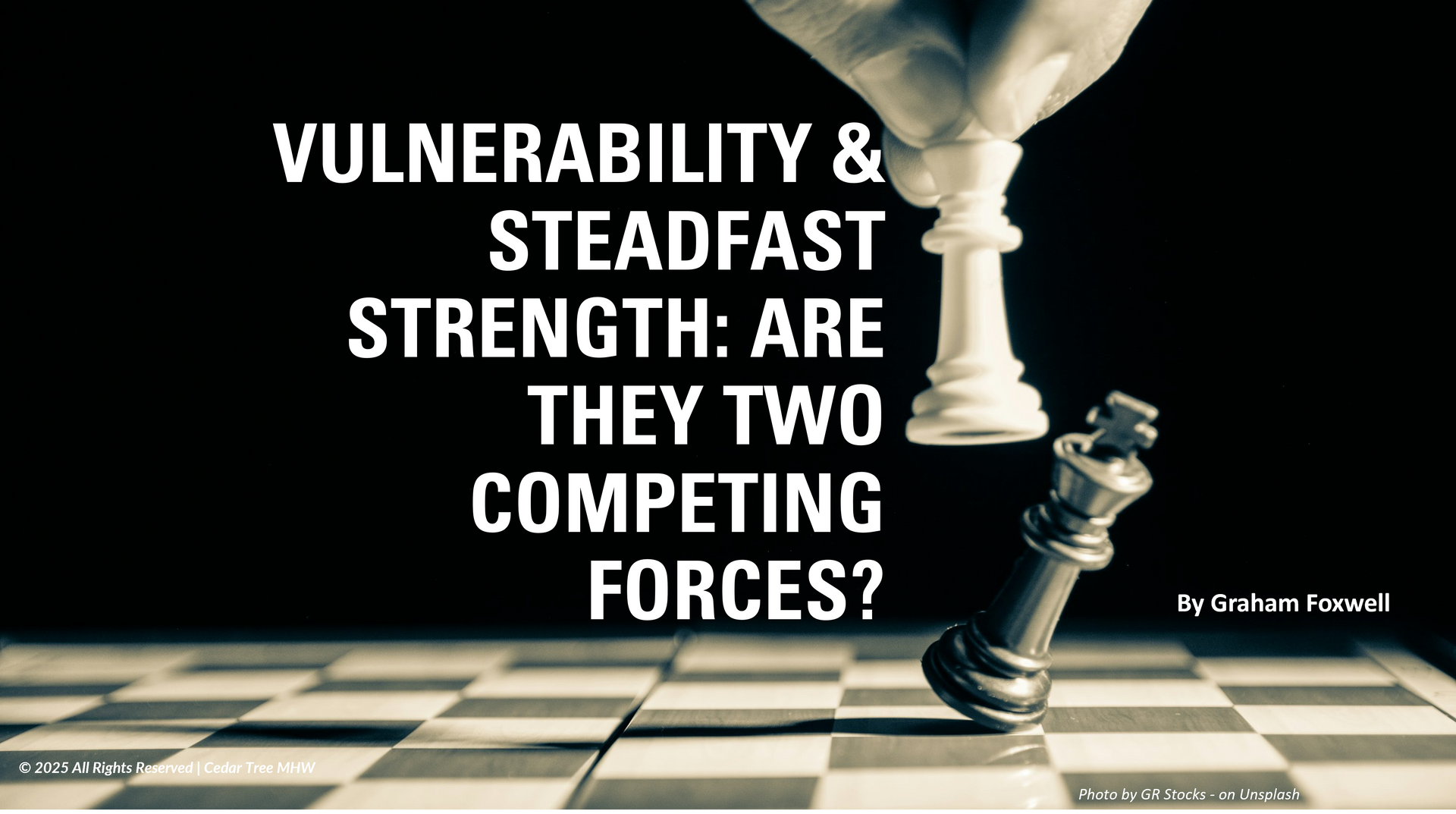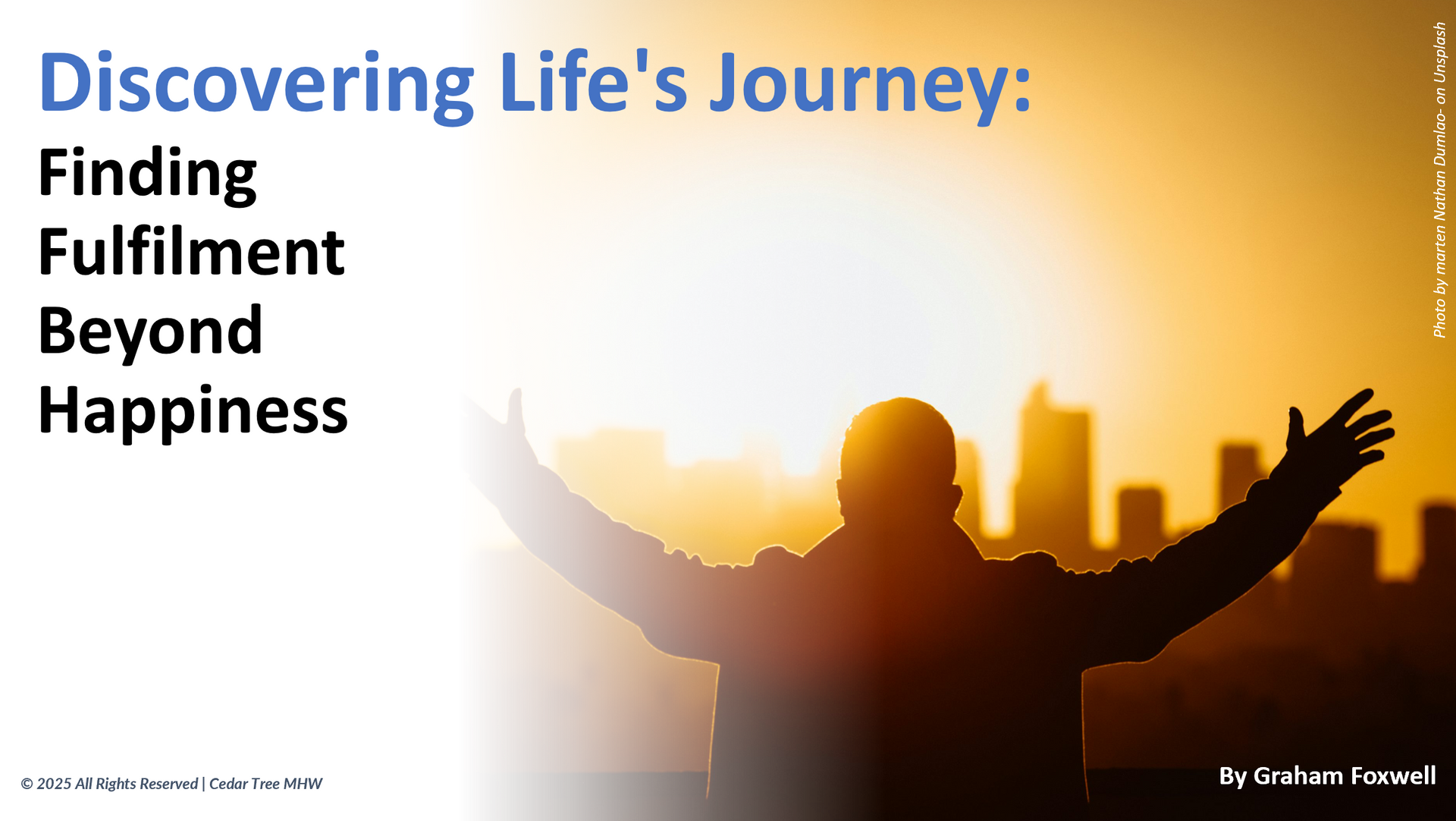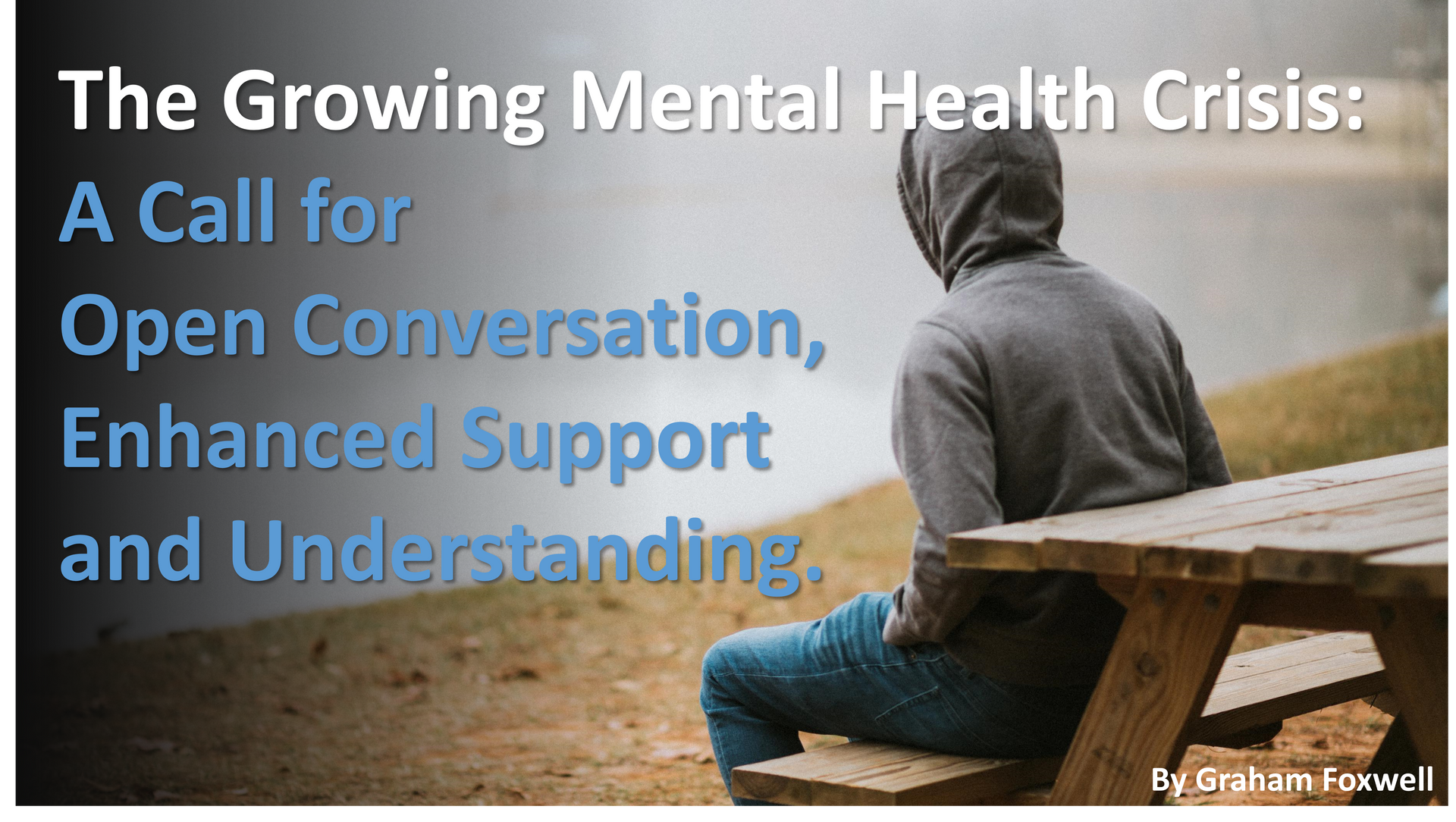PART I - The Transformative Benefits of Reducing Alcohol - My Journey
PART I
Part II can be found here Breaking the Stigma: Navigating Alcohol and Drug Recovery, and Embracing Teetotalism
Happy New Year all!
So, the Christmas and New Year celebrations are over for another year, and many of you are looking at New Year’s resolutions. One of them might be Dry January!

Back in 2020, I decided to experiment with going alcohol-free for one week. That initial week turned into two weeks, a month, two months... and now, five years later, I'm still going strong—mostly. I do enjoy a beer occasionally, but my consumption is nowhere near what it used to be. One of the primary reasons I stopped drinking was financial. As a self-employed individual, the COVID lockdown significantly reduced my income, making alcohol an unaffordable luxury.
Another reason was, In 2018, I transitioned from the corporate world of IT sales, where heavy drinking was the norm, to a role in Mental Health and Wellbeing. This career change prompted significant self-reflection, and I realised how much I relied on alcohol. Raised in a Rugby club environment, alcohol had been a constant presence in my life from a young age. While I wouldn't have labelled myself an alcoholic in the conventional sense, it was clear that alcohol controlled many aspects of my life. My father's struggle with alcoholism also played a part in my decision to quit—it was a path I didn’t want to follow.
If you had told me years before I'd quit drinking, I would have laughed it off in disbelief. But here I am, and I couldn't be more pleased with the decision I've made. So, if you're considering participating in Dry January, why not think about extending it? It could mark the beginning of a journey with significant benefits. Beyond the initial sense of achievement, continuing this practice indefinitely or significantly reducing alcohol consumption can lead to substantial improvements in many areas of life.
I understand I may have made this seem straightforward, and at that moment, it was, because the timing was just right. If everything hadn’t aligned perfectly, I might not have been able to do it. For some of you, it might not be as simple, and professional help may be necessary. Below are some organisations that can assist.

Physical Health Benefits
Improved Liver Health: Alcohol puts a strain on the liver, which can lead to fatty liver, cirrhosis, and other liver diseases. Reducing or eliminating alcohol allows the liver to heal and function optimally.
Better Heart Health: Lowering alcohol intake can reduce blood pressure and decrease the risk of cardiovascular diseases.
Weight Management: Alcohol is calorie-dense and often contributes to weight gain. Cutting out alcohol can aid in weight loss and promote a healthier body composition.
Enhanced Immune System: Excessive alcohol weakens the immune system, making the body more susceptible to infections. Abstaining strengthens immune responses.
Mental Health Benefits
Improved Mood and Mental Clarity: Alcohol can contribute to anxiety and depression. Abstaining helps stabilise mood and improves cognitive function. - This was a real big one and surprise for me!
Better Sleep Quality: While alcohol might help you fall asleep, it disrupts the sleep cycle. Going alcohol-free leads to more restful and restorative sleep.
Increased Energy Levels: Without the draining effects of alcohol, many find themselves feeling more energetic and motivated.
Social and Emotional Benefits
Better Relationships: Alcohol can strain relationships due to mood swings and behaviours influenced by intoxication. Sobriety fosters healthier, more genuine connections. - Another big one for me, that I'm still working on!
Enhanced Self-Esteem: Successfully abstaining from alcohol can boost self-confidence and self-respect, promoting a positive self-image.
Clearer Goals and Aspirations: Without alcohol clouding judgment, individuals often find it easier to focus on personal and professional goals.
Financial Benefits
Saving Money: Alcohol can be expensive. Cutting back or eliminating it can lead to significant savings over time. - One I was forced into with the COVID lockdown, but might be an issue today with the cost of living!
In conclusion
I’m not claiming that alcohol is inherently bad or that everyone should stop drinking. However, for me, choosing to give it up was a beneficial decision. Extending Dry January into a long-term lifestyle change can be one of the most rewarding choices you make. The physical, mental, social, and financial benefits highlight the importance of reassessing your relationship with alcohol. Whether you decide to quit entirely or significantly cut down, embracing a life with less alcohol can lead to a healthier, happier, and more fulfilling existence.

If you think you have an alcohol problem and need help with giving up, please get in contact with one of the following organisations:
- Drinkline is the national alcohol helpline. If you're worried about your own or someone else's drinking, you can call this free helpline in complete confidence. Call 0300 123 1110 (weekdays 9am to 8pm, weekends 11am to 4pm).
- Alcoholics Anonymous (AA) is a free self-help group. Its "12 step" programme involves getting sober with the help of regular support groups.
http://www.alcoholics-anonymous.org.uk/
- Al-Anon Family Groups offer support and understanding to the families and friends of problem drinkers, whether they're still drinking or not. Alateen is part of Al-Anon and can be attended by 12 to 17-year-olds who are affected by another person's drinking, usually a parent.
http://www.al-anonuk.org.uk/
- We Are With You is a UK-wide treatment agency that helps individuals, families and communities manage the effects of drug and alcohol misuse.
https://www.wearewithyou.org.uk/
- Adfam is a national charity working with families affected by drugs and alcohol. Adfam operates an online message board and local support groups.
http://www.adfam.org.uk/
- The
National Association for Children of Alcoholics (Nacoa) provides a free, confidential telephone and email helpline for children of alcohol-dependent parents and others concerned about their welfare. Call 0800 358 3456 for the Nacoa helpline.
http://www.nacoa.org.uk/
- SMART Recovery groups help people decide whether they have a problem, build up their motivation to change, and offer a set of proven tools and techniques to support recovery.
https://www.smartrecovery.org.uk/
These organisations can provide valuable support and resources to help you on your journey to reduce or eliminate alcohol consumption.
Thank you for reading this, and I wish you a Happy New Year.
Feel free to get in contact if you have any questions.
Part II can be found here Breaking the Stigma: Navigating Alcohol and Drug Recovery, and Embracing Teetotalism
Graham
